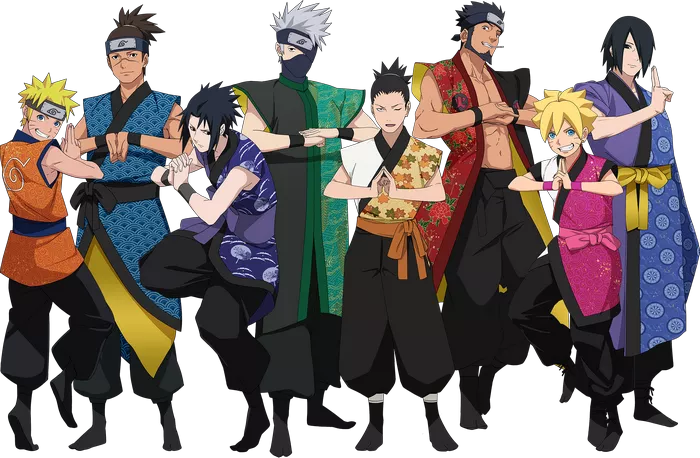As “Boruto: Next Generations” prepares to return from its hiatus, Studio Pierrot, the animation studio behind the series, is reportedly considering a significant shift in its release strategy. In an effort to address long-standing fan concerns over the high volume of filler episodes, the studio might transition the anime from a continuous yearly schedule to a seasonal format.
According to a recent interview with Comic Natalie cited by Screen Rant, this change is inspired by the successes of other anime like Ufotable’s “Demon Slayer: Kimetsu no Yaiba” and Studio Pierrot’s own “Bleach: Thousand-Year Blood War.” Both series have demonstrated the potential benefits of seasonal releases, including enhanced animation quality and tighter story arcs.
“Demon Slayer” in particular has maintained a robust fan base by focusing on quality production and spacing out its seasons, releasing them several months apart alongside three successful movie adaptations. Its fourth season is currently in production. The acclaim for “Demon Slayer” is largely attributed to its dynamic animation and compelling action sequences.
Similarly, “Bleach: Thousand-Year Blood War” marked a strong return for the franchise after a decade-long hiatus, with fans and critics alike praising its outstanding animation and storytelling.
Michiyuki Honma, President of Studio Pierrot, reflected on the impact of “Demon Slayer” on the anime industry, noting, “It was a major turning point. The high-quality work, which took considerable time and budget, not only became a massive hit but also expanded its reach across various age groups.” He added, “It prompted a reevaluation of our production approaches, especially as other studios have also begun delivering high-caliber works.”
This potential shift comes at a time when the anime industry is exploring new production models, partly driven by operational challenges such as strikes and other disruptions. A seasonal approach could allow studios more time to develop content, thereby reducing the reliance on filler episodes and aligning more closely with available manga content.
As fans eagerly anticipate the next phase of Boruto Uzumaki’s journey, the adaptation of the “Boruto: Two Blue Vortex” manga under a new format could rectify some of the perceived shortcomings of its predecessor, setting a new precedent for anime production and distribution.


